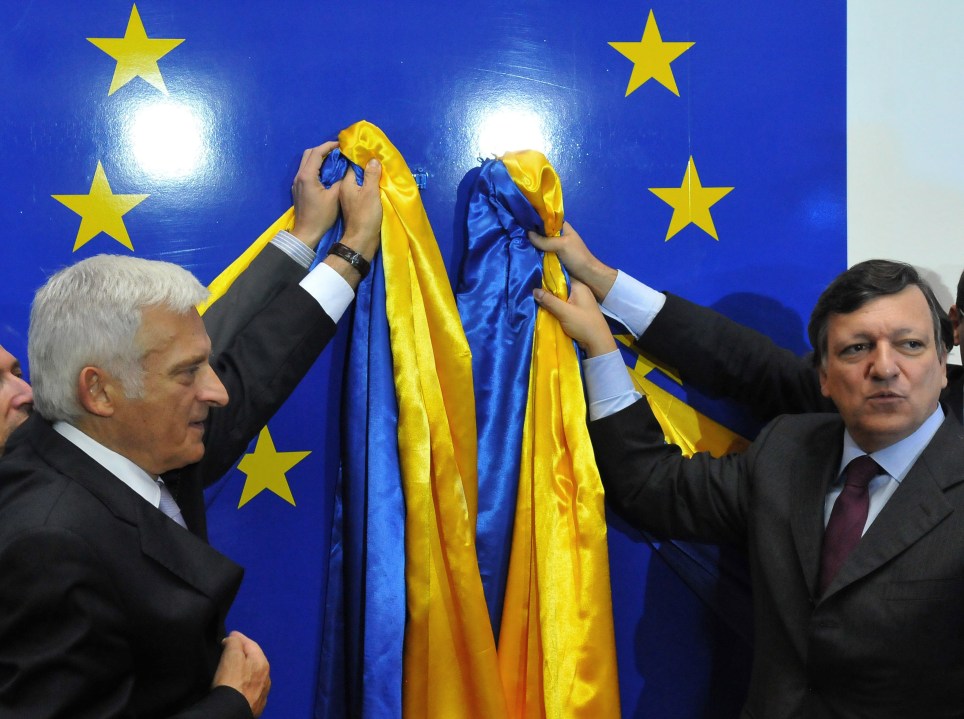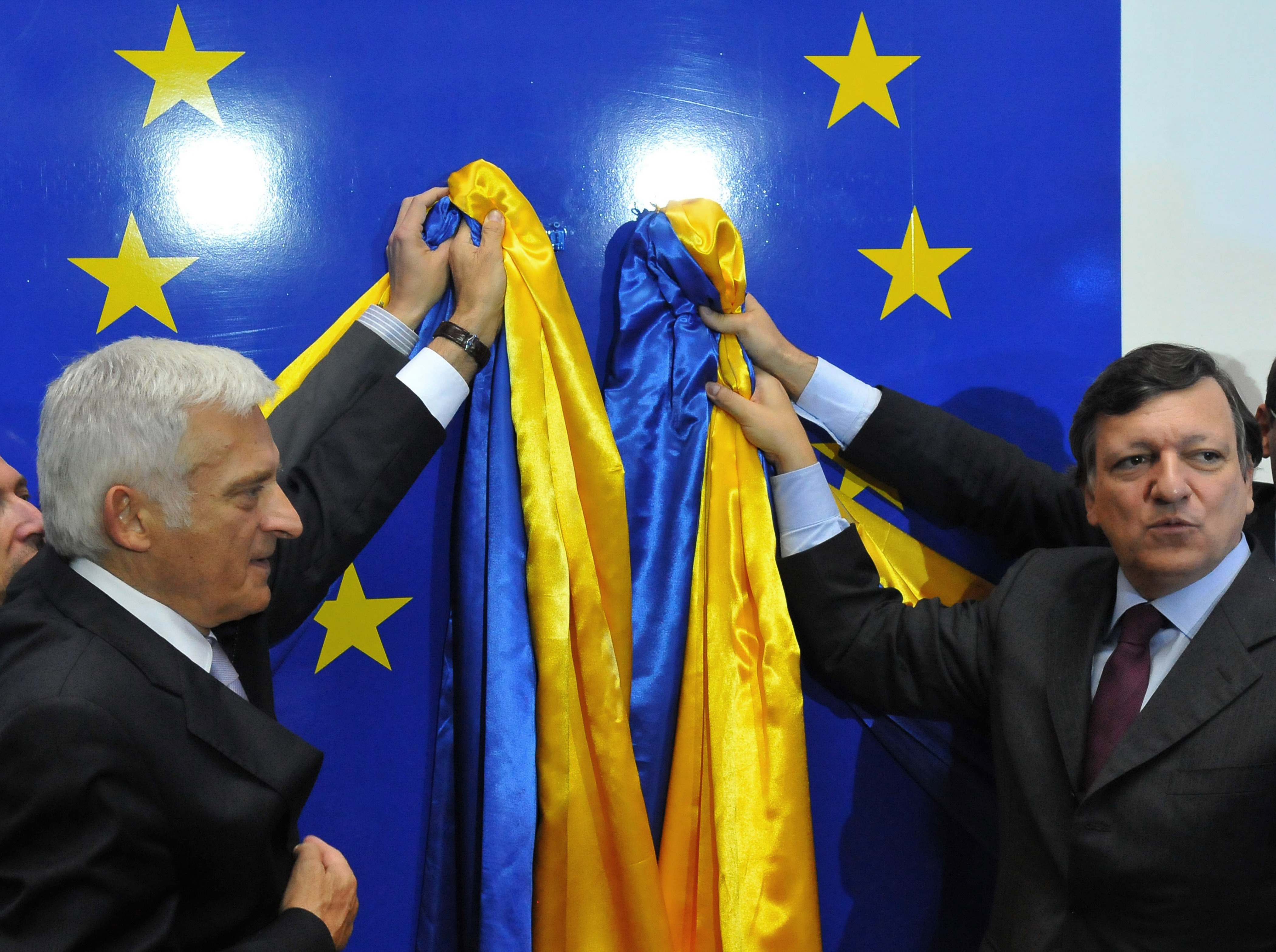 Tory strategists had hoped to keep Europe off the agenda at this year’s party
conference, but they seem to have failed already. The European Commission’s threat about
welfare claims has forced IDS into action. Ben Brogan reports that the work and pensions secretary was nothing short of visceral in his contempt for the “land grab”, which will
apparently cost £2.5 billion a year. But, IDS’s rage is quiet compared to John Redwood’s, who asks
“Why won’t he [William Hague] get on with renegotiating the UK position [in Europe]?”
Tory strategists had hoped to keep Europe off the agenda at this year’s party
conference, but they seem to have failed already. The European Commission’s threat about
welfare claims has forced IDS into action. Ben Brogan reports that the work and pensions secretary was nothing short of visceral in his contempt for the “land grab”, which will
apparently cost £2.5 billion a year. But, IDS’s rage is quiet compared to John Redwood’s, who asks
“Why won’t he [William Hague] get on with renegotiating the UK position [in Europe]?”
Next is the EU’s Agency Workers Directive, which comes into force tomorrow. Businesses complain that this will significantly increase their costs and have asked ministers to postpone implementation, as the previous government did back in September 2009. The Brown premiership said it was delaying the directive until 2011, so as not to harm economic recovery. But, a European lawyer tells me that was just spin. The directive was not delayed out of deference to economic concerns: member states are automatically given a period of time to allow companies to adapt their practices to ease implementation. This is why the regulations were laid before parliament on 21 January 2010 and on 19 October 2010: to debate how they would be applied when the directive naturally matured in 2011. The last cogs of this administrative mechanism are now in motion, and it seems there is no way out; although Open Europe makes a compelling case for resistance, even at the eleventh hour.
The Eurozone crisis is the greatest distraction of all. George Osborne will have to break conference to travel to Luxembourg for Europe-wide discussions. He is expected to reiterate his call for closer union among the Eurozone states, but without requiring a treaty change that would affect non-Eurozone countries. Backbench Tory MP and former banker Sajid Javid has scorned that diplomatic strategy in an article in today’s Times (£). Closer union, he argues, is a “cure worse than the disease”. Europe must change fundamentally, he says, to secure salvation. “Either the euro, in its current form, or the afflicted countries can be saved. But not both.”
The prelude to the conference is being dominated by matters that are largely beyond the government’s competence, which is a question in itself. In 1974, Ted Heath notoriously campaigned on the issue of ‘Who governs Britain?‘ Will David Cameron adopt the same slogan in 2015, but direct it at a different target?







Comments